One summer afternoon, you're enjoying some ice cream and your furry friend looks at you with "I want some too" eyes. And of course, it's hard to say no. But before you offer them a spoonful or a lick, there's something you should know:
Ice cream for humans isn't designed for dogs or cats. Most contain ingredients that can cause digestive problems and even food poisoning. But, and here comes the "it depends," there are safe and healthy ways to offer them something similar . Today, there are ice creams made specifically for them; there are both ice creams for dogs and ice creams for cats, formulated specifically for their digestive systems and metabolisms , since they are very different from ours. And what is a delicious and harmless dessert for you can be a dangerous cocktail for your best friend. If you're interested in knowing its benefits and how to offer it safely, keep reading because we'll tell you everything.
Why commercial ice cream can be dangerous for dogs and cats
1. Dairy products (milk, cream, yogurt)
Both dogs and cats can develop lactose intolerance. As they grow, they lose the ability to digest it properly. Some dogs can tolerate small amounts, but many experience diarrhea, gas, and discomfort. Cats are even more sensitive: most adult cats don't produce lactase and don't digest milk well.
Although the image of a cat drinking milk is classic, it can actually cause severe diarrhea.
2. Added sugar
Sugar isn't toxic in itself, but it's not part of a natural diet for dogs or cats. In dogs, regular consumption can cause obesity, diabetes, cavities, and even imbalances in the gut microbiota. In cats, who don't even have taste buds for sweets, sugar not only doesn't appeal to them, but their bodies aren't equipped to process it.
Never give your dog or cat commercial ice cream because you think it's "just a little." It doesn't do them any good and can harm their long-term health. Plus, the sugar in ice cream is often combined with unhealthy fats, artificial colors, and flavors.
3. Artificial sweeteners (especially xylitol)
Xylitol is extremely toxic to dogs, even in very small doses. It can cause severe hypoglycemia (dangerously low blood sugar), liver damage, and in some cases, even death. Although there are no conclusive studies in cats, as a precaution, it should also be completely avoided.
Never give your dog "sugar-free" foods intended for humans. Many contain xylitol.
4. Chocolate
Chocolate contains theobromine, a substance that neither dogs nor cats can properly metabolize. In dogs, it can cause vomiting, tremors, hyperactivity, arrhythmias, or seizures. In severe cases, it can even be fatal. Cats are less likely to consume it because of the flavor, but are equally vulnerable if they do.
The purer the chocolate, the more dangerous: dark chocolate is more toxic than milk chocolate.
5. Caffeine
Found in coffee ice cream, tea, and energy drinks, caffeine is a very dangerous nervous system stimulant. In both dogs and cats, even small amounts can cause extreme nervousness, rapid heart rate, muscle tremors, and seizures. Ultimately, it has the same effect as in humans, the problem is that they are much more sensitive than we are.
A spoonful of caffeinated ice cream can seriously disrupt a small animal's nervous system.
6. Forbidden fruits
Some everyday fruits can be toxic to dogs, especially cats. Grapes and raisins can cause kidney failure in dogs and are suspected of being toxic to cats as well. Avocados contain persin (especially the skin and pit), which can affect the digestive system. Citrus fruits, cherries, and stone fruits can cause everything from gastrointestinal irritation to toxicity due to the cyanide in their seeds.
A small amount can be enough to cause severe poisoning in a dog or cat.
7. Artificial colors, preservatives and flavors
Artificial additives are not suitable for any animal, but cats are even more sensitive. In dogs, these additives can cause allergies or intestinal upset. Cats, whose livers have a lower detoxification capacity, are more likely to accumulate toxins over the long term.
If you wouldn't eat it without checking the ingredients, even less so give it to your dog or cat.

What ice creams can they eat?
Your furry friends can enjoy ice cream if it's specifically formulated for them. At CRU, we're very clear: not only can they enjoy it, but eating it in the summer can provide them with many benefits.
During the hottest months, dogs can suffer from dehydration without us even realizing it. If they drink little water or don't tolerate the heat well, offering natural ice cream is an excellent way to increase their fluid intake. Ice cream made with hydrating ingredients not only refreshes but also hydrates, nourishes, and stimulates their palate. If your dog has trouble drinking, ice cream for dogs, especially in the summer but also at any time of year, is a perfect solution that, in addition to being refreshing, is an excellent natural remedy for caring for their intestinal flora.
A good natural ice cream for dogs can provide collagen, minerals like calcium, magnesium, and potassium, and essential amino acids if made with quality ingredients. If we add vegetables like pumpkin or beets, we'll also be providing fiber, antioxidants, and natural vitamins.

There are also ice creams for cats designed for their metabolism and palate , where the most obvious benefit of a good natural ice cream is hydration. Cats are strict carnivores . Therefore, anything that isn't meat or animal fat should be evaluated very carefully , especially if it's a product designed for humans. Furthermore, by nature, cats tend to drink very little water, which can become a problem in hot weather. An ice cream specially formulated for them, with meats or offal like beef liver and fruits like pumpkin, beets, or carrots, can be an ideal way to provide fluids without forcing them to drink. Plus, if the ice cream incorporates animal ingredients that respect their carnivorous diet, it also becomes a tasty and nutritious treat.
Our ice creams, for example, are made with meat, chicken, or organ meats like beef liver; fruits like carrots, pumpkin, or beets; and water. They contain no lactose, sugars, or artificial additives. They're safe, nutritious, hydrating, and what's more... people love them!
And if you prefer something homemade or want to offer new flavors, you can also use Bone broths , which are natural collagens and perfect supplements for your furry friend. You can place them in silicone molds and freeze them. It's as simple as using beef broth with carrot and pumpkin, chicken or turkey broth, or even a broth base combined with small pieces of fruit suitable for them. This way, you can create your own homemade ice creams with a multitude of flavors, ensuring their hydration, health, and happiness in the summer.
In summary
No, don't share your chocolate ice cream with your dog or your dulce de leche cone with your cat. But that doesn't mean they can't enjoy a summer treat. They just need the version adapted to their biology. And in that regard, at CRU, we have a lot to offer ;)
Would you like us to share more recipes for making homemade ice cream for your furry friends? Leave us a comment below and we'll have a blast!


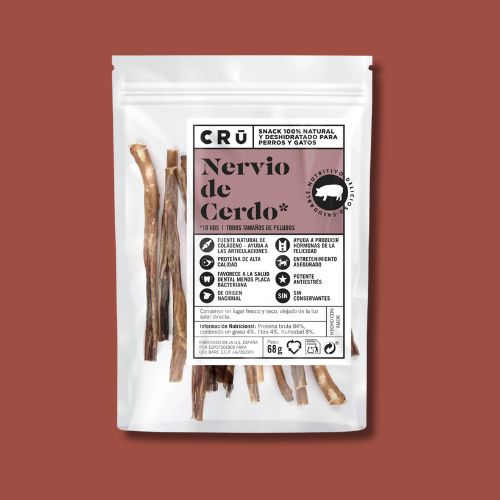
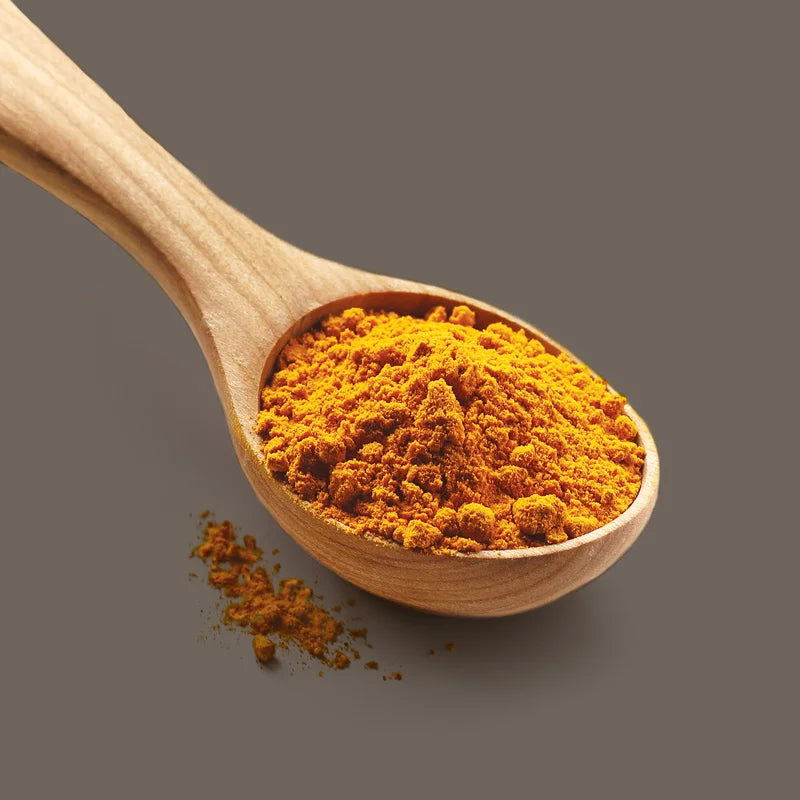


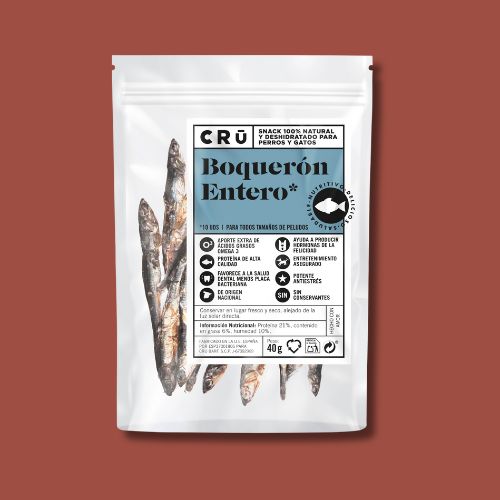
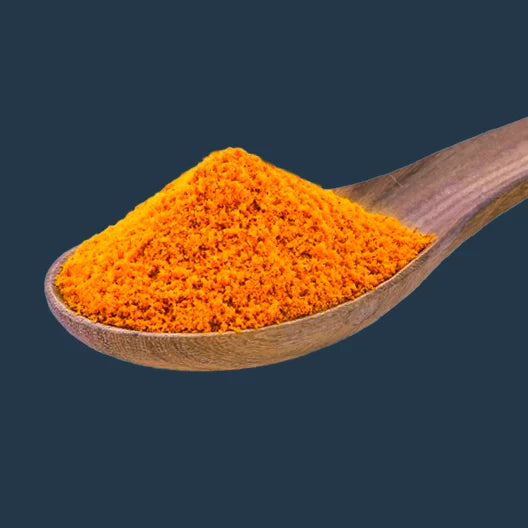

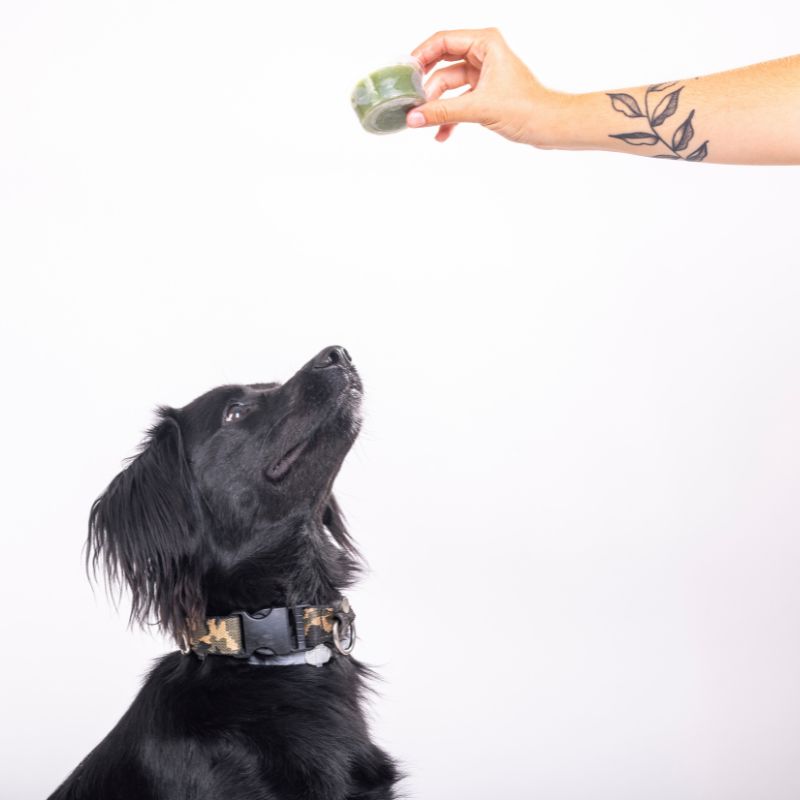


Hola,
A mi perrito le encantaron vuestros helados, pero tengo la duda de si en invierno le puedo seguir dando estos helados o mejor no?